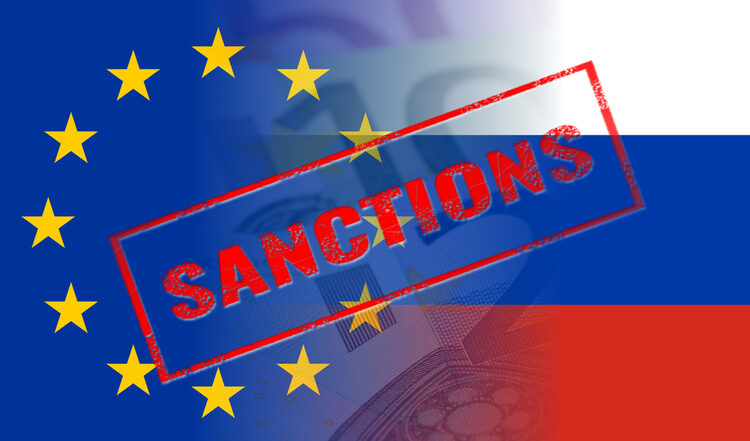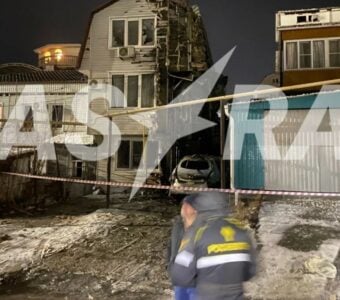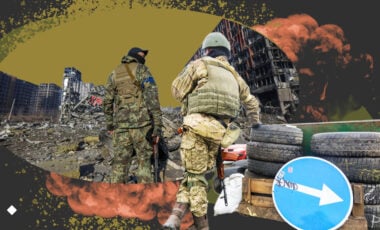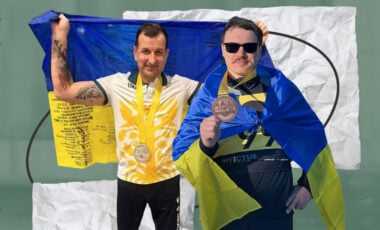EU approves tenth sanctions package against russia

Photo: Shutterstock
The tenth package of sanctions against russia was finally agreed upon by the countries of the European Union late in the evening on February 24.
The Swedish Presidency of the Council of the EU announced "European Pravda" reports.
"With joint efforts, the EU member states have introduced the most powerful and broadest sanctions in history to help Ukraine win the war. The EU remains united with Ukraine and the Ukrainian people. We will continue to support Ukraine as long as necessary," the Swedish presidency in the EU emphasized.
It is noted that the sanctions include, among other things, stricter restrictions on the following:
- export to russia dual-purpose products and technologies,
- targeted restrictive measures against individuals and legal entities that support the war, spread propaganda or supply drones used by russia in the war,
- measures to counter russian disinformation.
It should be noted that the approval of the sanctions package was constantly delayed due to the position of Poland, which demanded stronger sanctions on the rubber trade with russia.
The sanctions package must now be approved via a written procedure by the EU Council. It will enter into force after publication in the Official Journal of the EU.
Earlier, the EU's high representative for foreign affairs and security policy, Josep Borrell, expressed confidence that the tenth package of sanctions against russia would be adopted by February 24, the anniversary of russia's full-scale war against Ukraine.
For reference:
Earlier, Hungarian Prime Minister Viktor Orban threatened to veto the extension of the European Union's anti-russian sanctions, which must be renewed every six months, demanding that four people be removed from the list.
It was not revealed who exactly Hungary's Prime Minister wanted to exempt from sanctions. Probably Orban didn't want church representatives to be sanctioned.


















































